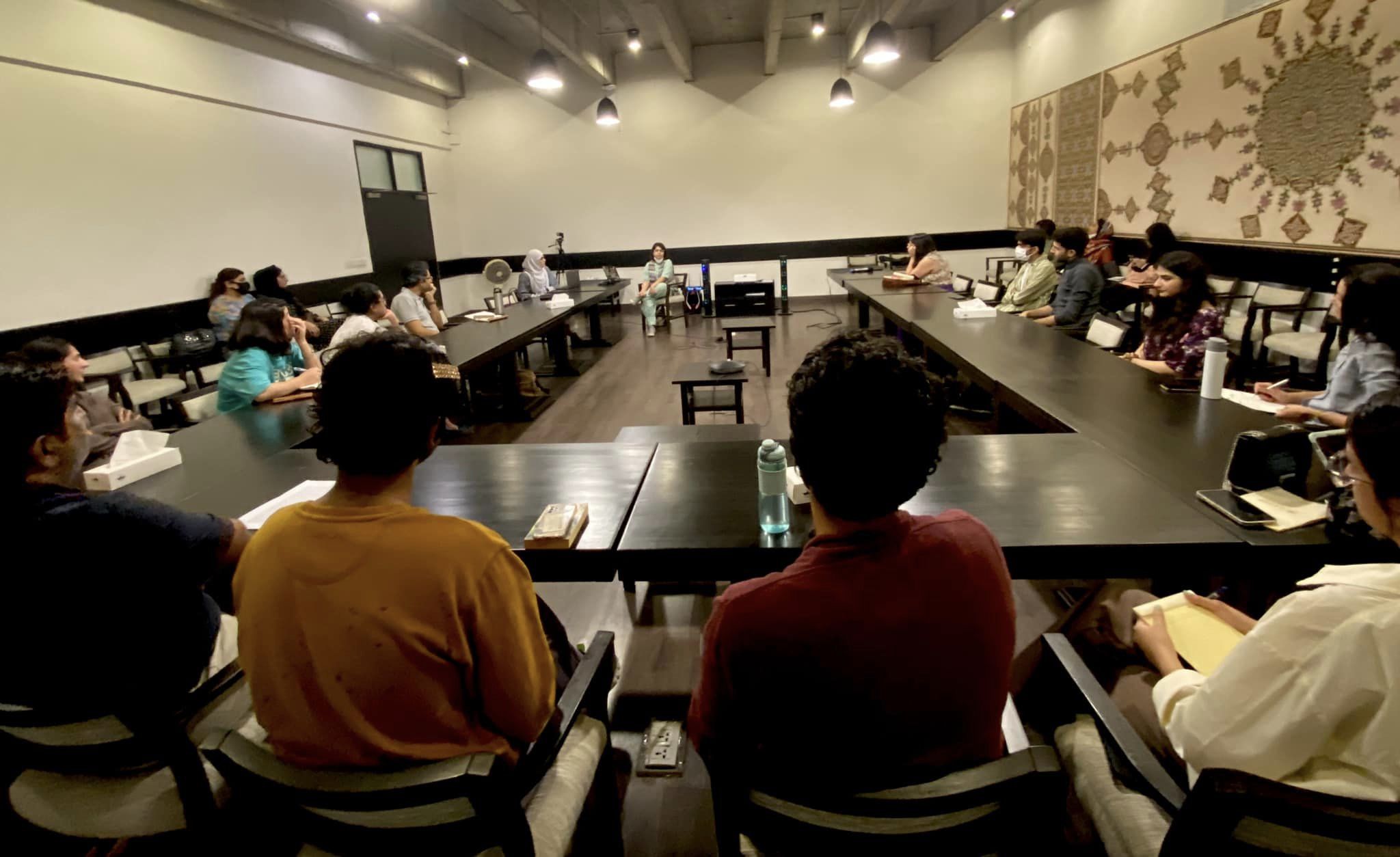This discussion focuses on the unequal power relations and ideological differences that govern online spaces, while observing how colonialism is being reinvented in Global South countries through digital technology. Pakistan will be used as a case study to demonstrate how US tech multinationals exercise imperial control over the Internet, and how there is an inextricable link between state oppression and the way these corporations operate. By controlling the digital ecosystem, Big Tech corporations have a monopoly over our online experiences, which allows them to give nation states direct power and control over the political, economic and cultural aspects of our life. Big Tech companies opt for collusive, untransparent ventures in the interest of global domination, while pervading each government and state, impacting all resistance movements with an online presence, and controlling the online actions of people through their digital devices and personal data. These forms of surveillance capitalism cause harm to the work of progressive movements and make marginalised people increasingly vulnerable to state crackdowns and scaremongering. Moreover, the reporting mechanisms available on social media platforms are applied selectively, if at all, in case of people in the Global South.
The aim of this discussion is to chalk out how the internet can be dismantled and redesigned through the work of anti-oppression movements, in order to advocate for a progressive ecosystem that decentralises technology by placing control directly into the hands of people. Zoya will discuss ways in which we can think critically about our usage of technology and call the digital status quo into question.

